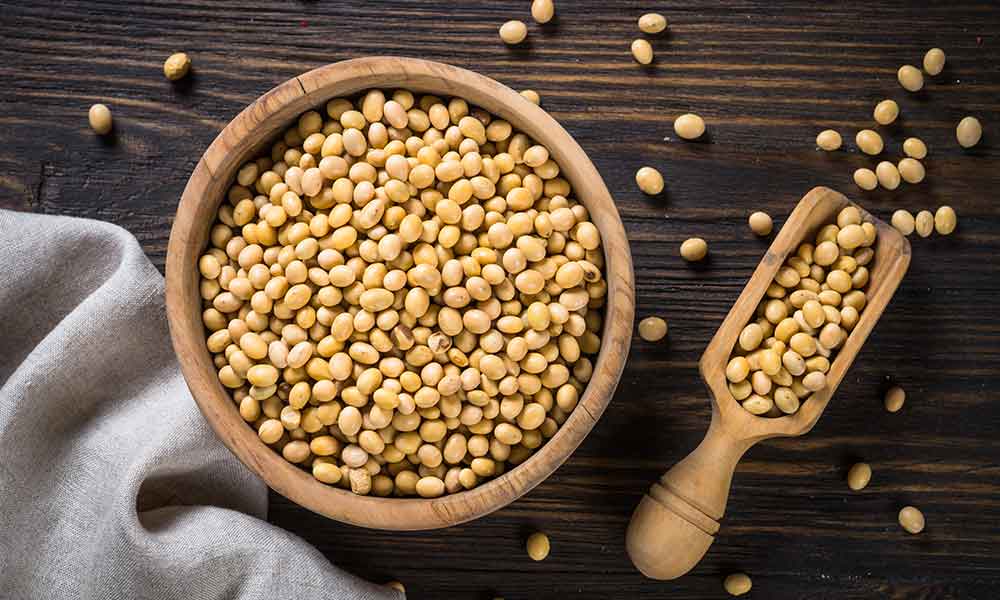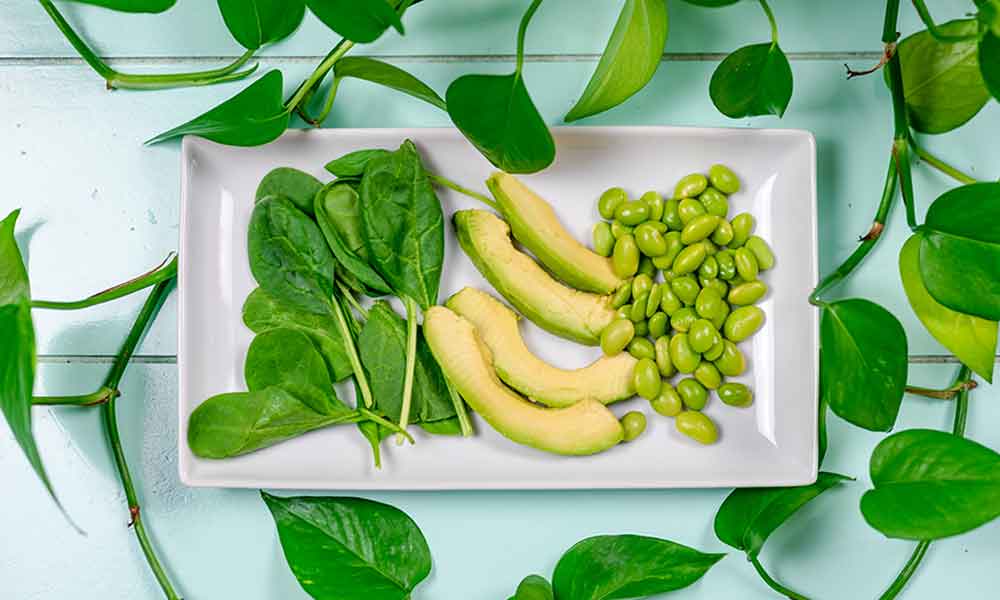Eating a plant-based diet has become increasingly popular in recent years for its ability to provide essential nutrients and to make us feel better.
Studies indicate that a plant-based diet can reduce the risk of chronic illnesses, as well as improve our overall health. This is because plants are packed with vitamins, minerals, antioxidants, and other health-promoting compounds that can help us to thrive.
In addition to the physical benefits of eating a plant-based diet, many people have found that it can lead to improved mental wellbeing. Eating a varied and healthy selection of plant-based foods can help reduce stress, boost energy levels, and make us more mindful about what we eat.
In this article we will explore how eating a plant-based diet can transform your health. We’ll look at the science behind this dietary approach and provide some tips on how to make the transition easier.
Introduction to Plant-Based Diets
Plant-based diets consist of minimally processed fruits, vegetables, grains, legumes, nuts, seeds, herbs, and spices. These diets are increasing in popularity for their health benefits and even in some cases for ethical and environmental reasons. Plant-based diets contain no animal products, including red meat, poultry, fish, eggs, and dairy. By eating mostly or all plant foods, you will get almost all the protective chemicals found in them.
Plant-based diets are rich in fiber, vitamins, and minerals and have thousands of health-promoting compounds. These beneficial compounds can help lower blood pressure and level of “bad” cholesterol in the body which can lead to improved heart health. Furthermore, a plant-based diet may help reduce the risk of certain types of cancer due to its antioxidant properties which protect cells from damage caused by free radicals. And finally, research suggests that a plant-based diet may improve longevity as it has been linked to living longer when compared to other dietary patterns.

Benefits of Eating Plant-Based
Plant-based diets have been linked to various health benefits. A recent survey of over 50,000 people found that following a plant-based diet can reduce body mass index, blood pressure, HbA 1C (a measure of long-term blood sugar levels), and cholesterol levels. Additionally, a variety of studies have found that following a plant-based diet can reduce the number of medications needed to treat chronic diseases.
Most impressive, however, is the link between plant-based diets and a reduced risk of heart disease and type 2 diabetes. People who had switched to a short-term plant-based diet saw decreases in their cholesterol and other risk factors associated with heart disease in as little as one month. Longer term studies have also shown that eating more plants and fewer animal products can lead to a lower risk of developing type 2 diabetes.
What a Plant-Based Diet Looks Like
People who opt for a plant-based diet enjoy the myriad of health benefits, like a lower risk of heart disease, healthier cholesterol levels, and lower body mass index (BMI). It’s also environmentally friendly; based on current research, plant-based diets are associated with reduced inflammation and carbon footprint.
A plant-based diet is one that focuses heavily on whole foods such as fruits, vegetables, grains, legumes and nuts. Additionally, it can feature animal proteins like dairy and lean meats and fish in moderation. All of these foods are nutrient-dense and packed with fiber, healthy fats, proteins, vitamins, minerals—all essential nutrients for optimal health.
When it comes to cost-effectiveness, plant-based diets are unbeatable. Many of these nutrient-rich foods don’t cost much to produce or buy at the grocery store—so you can get all the benefits without breaking the bank!
Building Your Plate With Whole Foods and Plant-Based Products
Creating a well-rounded, nutrient-dense meal is easy when you focus on a whole-food, plant-based diet. A healthy meal should be portioned into four equal parts: vegetables and fruits, leafy greens and raw veggies, whole grains and starchy carbs, and plant-based proteins.
When creating your plate with natural whole food items, make sure to include a variety of colors from nature—from dark greens and vibrant oranges to regal purples and bright yellows. This visual homage to nature showcases the nutritional value of the food you’re consuming.
A beginner’s guide to a whole-food, plant-based diet should include natural foods that are not heavily processed. These include fresh fruits and veggies, legumes, nuts and seeds, grains like buckwheat or quinoa, mushrooms or tempeh for protein sources, and cooking oils like olive or avocado oil. All of these incredible foods come together to create an incredibly nourishing meal that will make you feel energized in body and mind.

Tips for Making the Transition to a Plant-Based Diet
Making the switch to a plant-based diet can be daunting, but there are ways to make the transition smoother. It is important to take your time and start gradually, as your body needs time to adjust.
Here are some tips for making the transition:
Start Gradually
Start by introducing more plant-based foods into your diet for a few days or weeks before completely cutting out animal products. This will help you adjust more easily and reduce any feelings of deprivation.
Focus on Whole Plant Foods
Focus on whole plant foods like fruits, vegetables, nuts, seeds, and grains – they are packed with nutrients and fiber that your body needs. Eat mostly unprocessed foods like whole fruits, leafy greens, beans, lentils and brown rice for optimal nutrition.
Swap Proteins
Swap animal-derived proteins such as meat, fish and dairy for plant-based alternatives such as tofu or tempeh or beans and pulses. You can also find plant-based versions of products like cheese, milk and yogurt to enjoy the same flavors without compromising on taste or nutrition.
Common Obstacles and How to Overcome Them
Though plant-based diets have many benefits, there are some common obstacles that can be difficult to navigate. The primary obstacle is access to a GMO-free, organic food source. Organic produce and non-GMO grains can often be hard to find, or expensive compared to non-organic options. Though such ingredients may seem like an unnecessary cost, the long term health benefits far outweigh any additional expenses.
Those following a plant-based diet also need to supplement their diets with certain vitamins and minerals that are found mostly in animal products. This includes vitamin B12, vitamin D, iodine and selenium. All of these can easily be found in supplement form or in fortified foods such as plant milk or cereals.
Overall, a plant-based diet offers numerous health benefits when done correctly and mindfully. With access to the right resources and supplementation plan, it’s highly achievable for anyone looking for a healthier lifestyle!
Conclusion
A plant-based diet is an extraordinarily powerful tool for transforming our health. By replacing processed foods and animal proteins with the nutrient-rich fruits, vegetables, grains, legumes, nuts and seeds that make up a plant-based diet, we can lower our risk for chronic diseases, including diabetes, heart disease, and certain cancers. Eating more plants also helps us maintain healthy body weight and reduces our environmental impact. All these benefits of a plant-based diet—in addition to its delicious flavors—make it an attractive and approachable way for anyone to improve their health and well-being.































